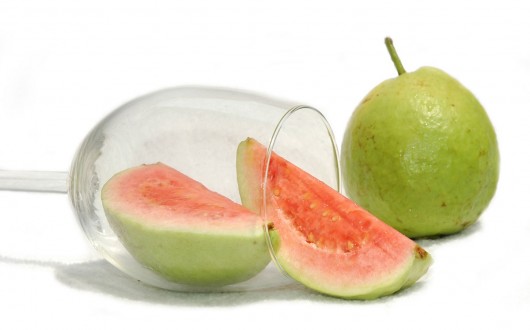Which Fruit Has The Most Vitamin C?
What Is Vitamin C?
Vitamin C is an essential nutrient that has many benefits for healthy living. Fruits, vegetables and supplements all contain this vital nutrient. Vitamin C is an antioxidant, maintains and forms bones, skin and blood vessels. Most notable is that it plays a vital role in collagen production. Having proper amounts of vitamin C has several benefits for healthy living.
Why Is Vitamin C Good For Our Health?
Humans and other animals cannot live without this vitamin. Humans and other mammals cannot make vitamin C on their own and must obtain the nutrient from various fruits and vegetables. Vitamin C is water soluble, so daily replenishment is necessary to prevent deficiencies. The body cannot store vitamin C, so overdosing on the vitamin is difficult. Taking too much vitamin C may cause stomach upset and diarrhea.
The largest role vitamin C plays in the body is collagen production. Collagen production depends highly upon vitamin C to play its part in enzymatic reactions. Collagen production is essential in healing, maintenance of healthy blood vessels and capillaries, and protection against infections, oxidative stress and scurvy. Scurvy is not as common in the past but is the main result of a vitamin C deficiency. Scurvy has many different symptoms including gum disease, bruising and wounds that will not heal.
Vitamin C helps the healing of any wounds the body may incur, fight against infection and slow down the effects of carcinogens. Proper vitamin C intake also lowers risks of heart disease, high blood pressure, cataracts and cholesterol. Kidney, eye and nerve health also benefit from proper Vitamin C levels. The antioxidant properties of Vitamin C are perhaps most beneficial to anyone who is conscious of their supplement intake. Scientists and doctors believe antioxidants help to prevent many debilitating diseases.
Top Fruits For Vitamin C Content
The amounts of Vitamin C are given for 100g of each fruit.
1 Guava 228,00 mg
2 Blackcurrant 203,00 mg
3 Kiwi 92,70 mg
4 Lychee 71,50 mg
5 Papaya 61,80 mg
6 Strawberry 58,80 mg
7 Pineapple 57,80 mg
8 Orange 53,20 mg
9 Lemon 53,00 mg
10 Redcurrant 41,00 mg
11 Melon (Cantaloupe) 36,70 mg
12 Mulberry 36,40 mg
13 Elderberry 36,00 mg
14 Grapefruit 31,20 mg
15 Passion Fruit 29,80 mg
16 Lime 29,10 mg
17 Gooseberry 27,70 mg
18 Mango 27,70 mg
19 Tangerine 26,70 mg
20 Raspberry 26,20 mg
21 Blackberry 21,00 mg
22 Durian 19,70 mg
23 Cranberry 13,30 mg
24 Tomato 13,00 mg
25 Apricot 10,00 mg
26 Blueberry 9,70 mg
27 Plum 9,50 mg
28 Pumpkin 9,00 mg
29 Banana 8,70 mg
30 Watermelon 8,10 mg
31 Cherry (sweet) 7,00 mg
32 Jackfruit 6,70 mg
33 Peach 6,60 mg
34 Apple 4,60 mg
35 Grape 4,00 mg
36 Pear 3,80 mg
37 Mangosteen 2,90 mg
38 Cucumber 2,80 mg
39 Carrot 2,60 mg
40 Pomegranate 1,02 mg
41 Fig 0,20 mg

May I please use your work for a school biology experiment.
Yes, sure.